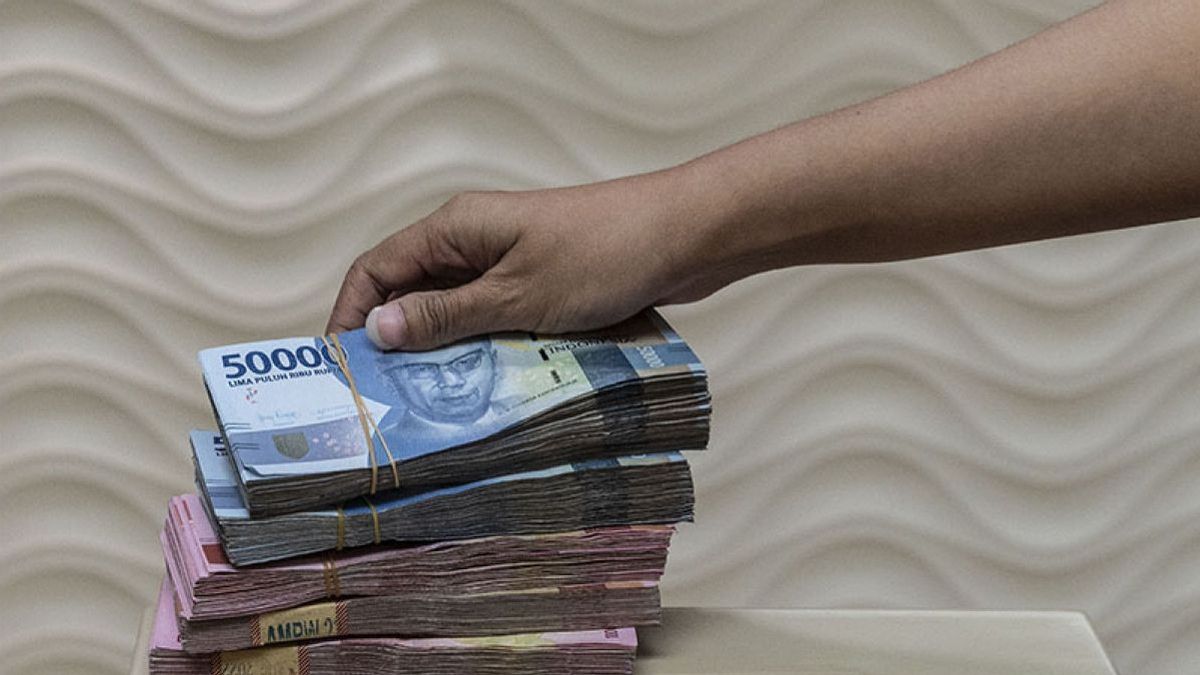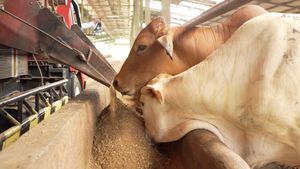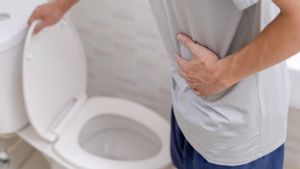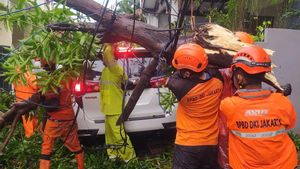JAKARTA - The Ministry of Cooperatives and SMEs (Kemenkop UKM) found that there were 32 People's Business Credit (KUR) debtors with micro and super micro schemes that were deliberately offered the addition of a ceiling so that they could be subject to additional collateral by the distributor.
"There are 32 Small KUR debtors with ceilings approaching the upper limit of the Micro KUR ceiling with a range of Rp. 101 million to Rp. 110 million so that they can be subject to additional collateral by KUR distributors," said Deputy for Micro Business at the Kemenkop UKM Yulius in a written statement received by VOI, Thursday, December 7.
Deputy Yulius said the findings were based on the monitoring and evaluation survey (monev) of the Ministry of Cooperatives and SMEs on 1,047 debtors in 23 provinces in Indonesia.
In fact, based on the Regulation of the Coordinating Minister for Economic Affairs Number 1 of 2023 concerning Guidelines for Implementing KUR, it is stated that micro and super micro KUR debtors with ceilings of less than Rp. 100 million are not subject to additional collateral.
In addition, 144 debtors or 16.1 percent of micro KUR and super micro KUR were also found with a ceiling of up to Rp. 100 million, subject to additional collateral. "We will bring the findings of violations to the KUR Supervisory Forum led by BPKP," he said.
Although he did not want to divulge the name of the channeling bank that violated the regulation, Yulius admitted that the Coordinating Ministry for SMEs had written to the Coordinating Ministry for the Economy to impose sanctions. However, until now, no sanctions have been imposed by the Coordinating Ministry for the Economy on distributors who violate these rules.
"The impact is still under discussion so there has been no action. Most likely we will give a warning to the banking sector, we will officially reprimand," he said.
In addition, the survey also found that 129 debtors or 26.8 percent did not have NPWP from 481 KUR debtors above Rp50 million. Then, there are still KUR funds deposited by KUR distributors by blocking or being detained for several months to be used as collateral.
"Some additional costs are still found, such as administrative costs and insurance costs," said Yulius.
SEE ALSO:
Therefore, said Yulius, the Kemenkop UKM has provided recommendations for the distribution of KUR in the future. First, the need to strengthen the internal mechanism of the KUR distribution agency in ensuring compliance with applicable regulations and strengthening the mechanism for monitoring the implementation of KUR to ensure that the distribution of KUR is in accordance with applicable regulations and guidelines.
Second, so that all KUR stakeholders, especially KUR distributors, are expected to increase the socialization of detailed information regarding the requirements for submitting KUR in accordance with applicable regulations so that the public, especially MSMEs, can understand the ease of applying for KUR, and avoid additional requirements that are not in accordance with applicable regulations.
"There needs to be clear additional regulations regarding policies against some of the discrepancies found, such as additional costs, fund deposition, collateral return mechanisms, and others," he added.
The English, Chinese, Japanese, Arabic, and French versions are automatically generated by the AI. So there may still be inaccuracies in translating, please always see Indonesian as our main language. (system supported by DigitalSiber.id)
















